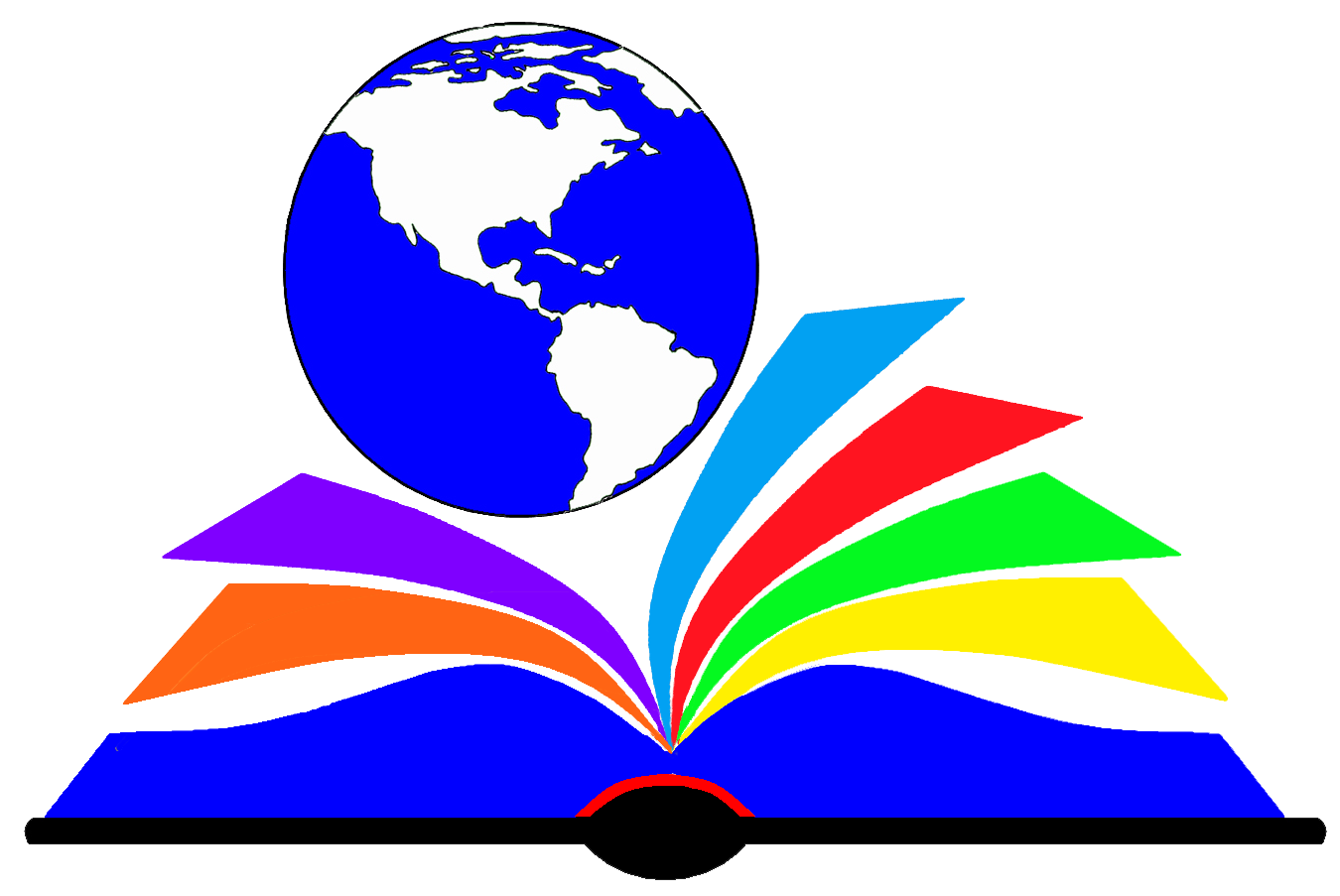Braiding sweetgrass : indigenous wisdom, scientific knowledge and the teachings of plants / Robin Wall Kimmerer.
Publication details: Minneapolis, Minnesota : Milkweed Editions, 2013.Edition: First editionDescription: x, 382 pages ; 22 cmISBN:- 9781571311771
- Kimmerer, Robin Wall
- First Nations -- Philosophy
- Indigenous peoples -- Ecology
- Philosophy of nature
- Human ecology -- Philosophy
- Nature -- Effect of human beings on
- Human-plant relationships
- Botany -- Philosophy
- Nature and civilization
- Potawatomi Indians -- Biography
- Potawatomi Indians -- Social life and customs
- 305.897 23
- E98.P5 K56 2013
| Item type | Current library | Call number | Status | Date due | Barcode | |
|---|---|---|---|---|---|---|
| 300 - 399 | Hanover Public Library Shelves | 305.897 KIMM (Browse shelf(Opens below)) | Available | 31906001206847 |
Includes bibliographical references (pages 387-388).
Skywoman falling -- The council of pecans -- The gift of strawberries -- An offering -- Asters and goldenrod -- Learning the grammar of animacy -- Maple sugar moon -- Witch hazel -- A mother's work -- The consolation of water lilies -- Allegiance to gratitude -- Epiphany in the beans -- The three sisters -- Wisgaak Gokpenagen : a black ash basket -- Mishkos Kenomagwen : the teachings of grass -- Maple nation : a citizenship guide -- The honorable harvest -- In the footsteps of Nanabozho : becoming indigenous to place -- The sound of silverbells -- Sitting in a circle -- Burning cascade head -- Putting down roots -- Umbilicaria : the belly button of the world -- Old-growth children -- Witness to the rain -- Windigo footprints -- The sacred and the superfund -- People of corn, people of light -- Collateral damage -- Shkitagen : people of the seventh fire -- Defeating Windigo.
As a botanist and professor of plant ecology, Robin Wall Kimmerer has spent a career learning how to ask questions of nature using the tools of science. As a Potawatomi woman, she learned from elders, family, and history that the Potawatomi, as well as a majority of other cultures indigenous to this land, consider plants and animals to be our oldest teachers. Kimmerer brings these two lenses of knowing together to reveal what it means to see humans as "the younger brothers of creation." As she explores these themes she circles toward a central argument: the awakening of a wider ecological consciousness requires the acknowledgement and celebration of our reciprocal relationship with the world. Once we begin to listen for the languages of other beings, we can begin to understand the innumerable life-giving gifts the world provides us and learn to offer our thanks, our care, and our own gifts in return. As a leading researcher in the field of biology, Robin Wall Kimmerer understands the delicate state of our world. But as an active member of the Potawatomi nation (a Native American people of the Great Plains, upper Mississippi River and Western Great Lakes region), she senses and relates to the world through a way of knowing far older than any science. She intertwines these two modes of awareness - the analytic and the emotional, the scientific and the cultural - to ultimately reveal a path toward healing the rift that grows between people and nature. The woven essays that construct this book bring people back into conversation with all that is green and growing; a universe that never stopped speaking to us, even when we forgot how to listen.
There are no comments on this title.
 Hanover Library Catalogue
Hanover Library Catalogue